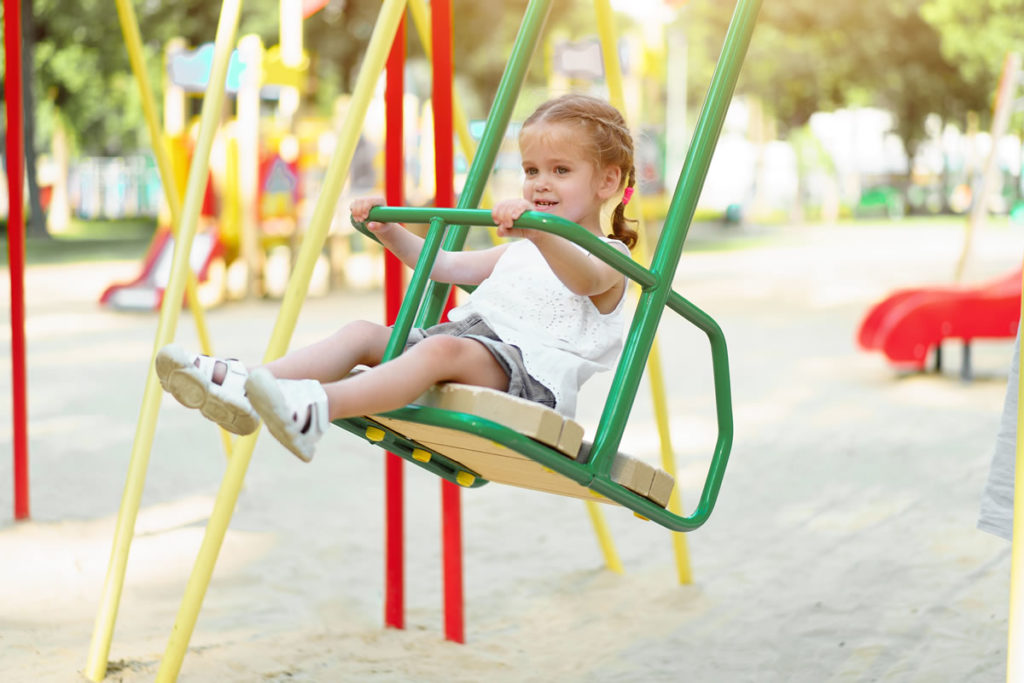What do preschoolers learn? What should we expect from early education? There are many doubts that assail us when children start that school stage, or when they want to dedicate themselves to it professionally.
If you’ve had a baby, you’ve probably heard a lot about how important preschool is. Even if you don’t doubt this fact, you may be curious about what exactly children of that age learn. A cynical first glance may make you think that children only get lessons about sitting in circles and singing songs, but the truth is that there is much more and it is very important. The preschool stage offers a unique combination of academic , physical, emotional, and social benefits for young children. Do you want to discover them?
Know the fundamental pillars of learning in preschool
Preschoolers go through an incredible period of growth and learning, and it manifests itself in a number of different ways. Logically, the lessons these little ones are learning go far beyond crayons and finger paints. And, to help paint a more accurate portrait, here are five important ways preschoolers learn and grow; 5 key focus areas and skills your kids will develop in preschool:
- Learn through play
Although each preschool is different in its teaching style and curriculum (for example, a Montessori program will differ greatly from a more traditional school), it is a fact that preschool children learn through play. The broader goal of play-based learning is to prepare children for school in a safe and age- appropriate environment , so that they can reach the milestones they need to be successful later in life.

It’s about allowing children to explore and discover what interests them. From the outside it may seem like it’s just a game, but children develop foundational skills that they build and carry with them throughout their lives. And it is that the game is an excellent way to develop basic skills that we all use, such as learning to run through the rules and regulations of each game, to communicate, share and work together … etc.
- Learn language and math
It doesn’t take an early education expert to know that three to five-year-olds have tremendous growth in vocabulary skills, and that preschool can be of great help in this regard as well. Increased literacy is one of the most obvious and immediate benefits of learning in preschool, and this is because preschool is seen as a “language-rich” environment , where students learn vocabulary and skills through conversation during activities.
Along the same lines, children also gain an early foundation for math in their preschool years, through matching, sorting, and counting games that help them understand foundational math concepts such as categories, sequences, and patterns.
- Learn to learn
Although math and language are important skills for learning, preschool is more than an academic milestone. Children’s experience in preschool carries as much weight in preparing for their future foray into school as it does in their own actual accomplishments. In addition to basic pre-academic skills such as letters, sounds, numbers, shapes, colors, and counting, preschool boys and girls are taught the fundamentals of learning : initiative, curiosity, planning, reflection. , creativity and innovative thinking.
That is why the preschool environment is so valuable, because it teaches children to learn, and that learning base helps the little ones to develop socially and academically, while creating a love for learning that can continue to grow (or no) as they grow.
- Learn social skills
In addition to providing an early framework for lifelong learning, preschool also provides children with opportunities to build relationships with peers and adults and develop social skills, perhaps for the first time. Social development is also supported in preschool by building and fostering positive relationships with familiar adults and peers.
Beyond learning to conduct a simple conversation, your son or daughter is likely to grow in confidence in preschool. The main objective, in this sense, is to teach problem-solving strategies, social competence and self-regulation skills to help children become socially confident learners.
- Learn motor skills
Because much of preschool is based on play, children have the opportunity to explore how to use their bodies and senses productively, whether in the classroom or outside on the playground. For example, in preschool your child may learn to string beads or cut with scissors, which can also help him develop fine motor skills . On the other hand, during physical play time, he develops and strengthens gross motor skills, in addition to the benefits that such physical activity has for health in general and to burn off that excess of energy that is usual in early childhood.

- Learn beyond what meets the eye
Equally valuable to the preschool curriculum are the “real-time” lessons. For example, even though children may not know it, the actual structure of preschool helps them gradually understand how rules and routines work.
Preschool, in turn, is also a safe environment for children to become more independent: to make decisions, learn to try new things, and take care of themselves. This time spent developing their own skills helps children grow in confidence and acquire the lifelong ability to navigate through a structured world.
If everything still seems simple, perhaps we should bear in mind that learning to behave outside of parental supervision is a big step. That is why preschool is a fundamental experience that children will build as they grow. A period of child development that will set the stage for a lifetime of future learning and success on an individual level.
Is it worth it or not ?!











































































































